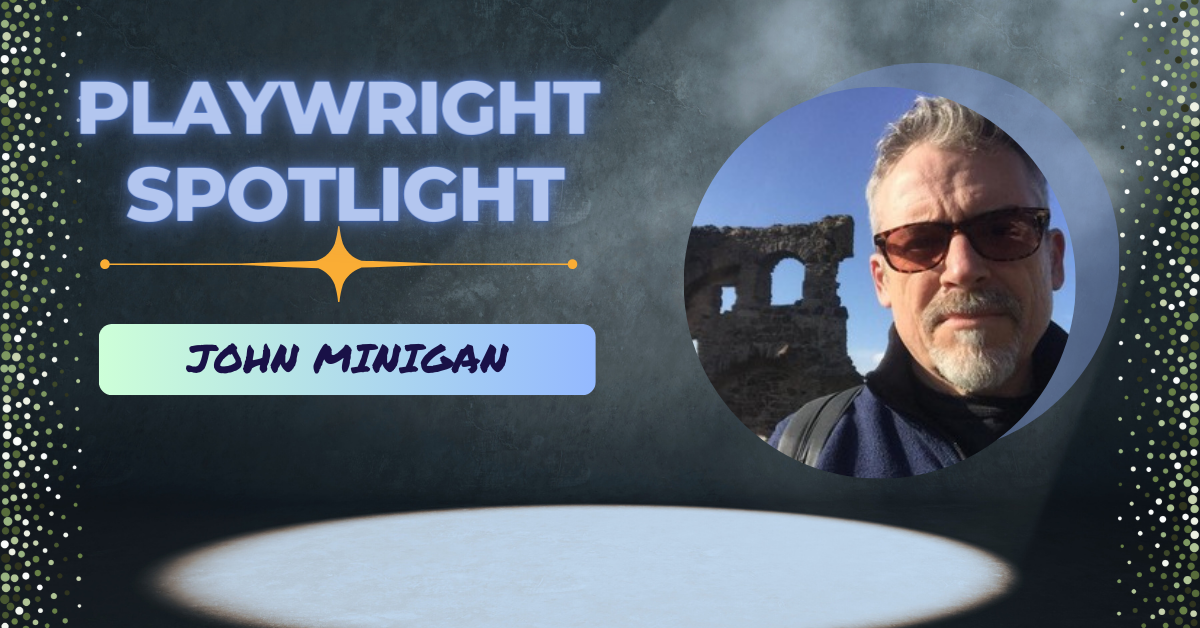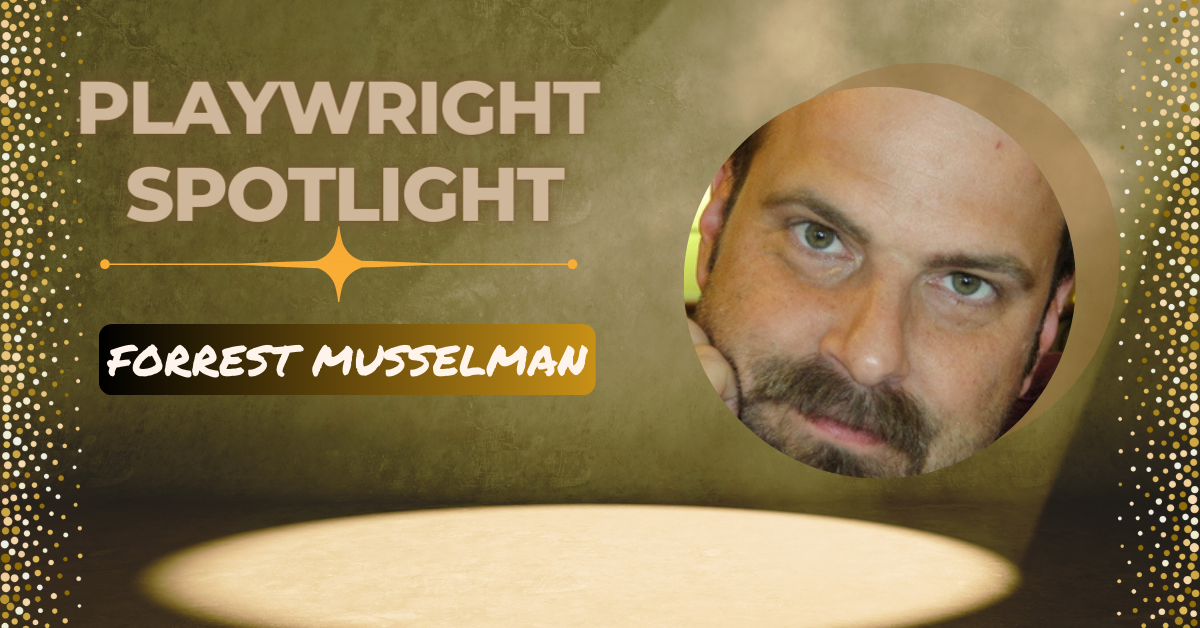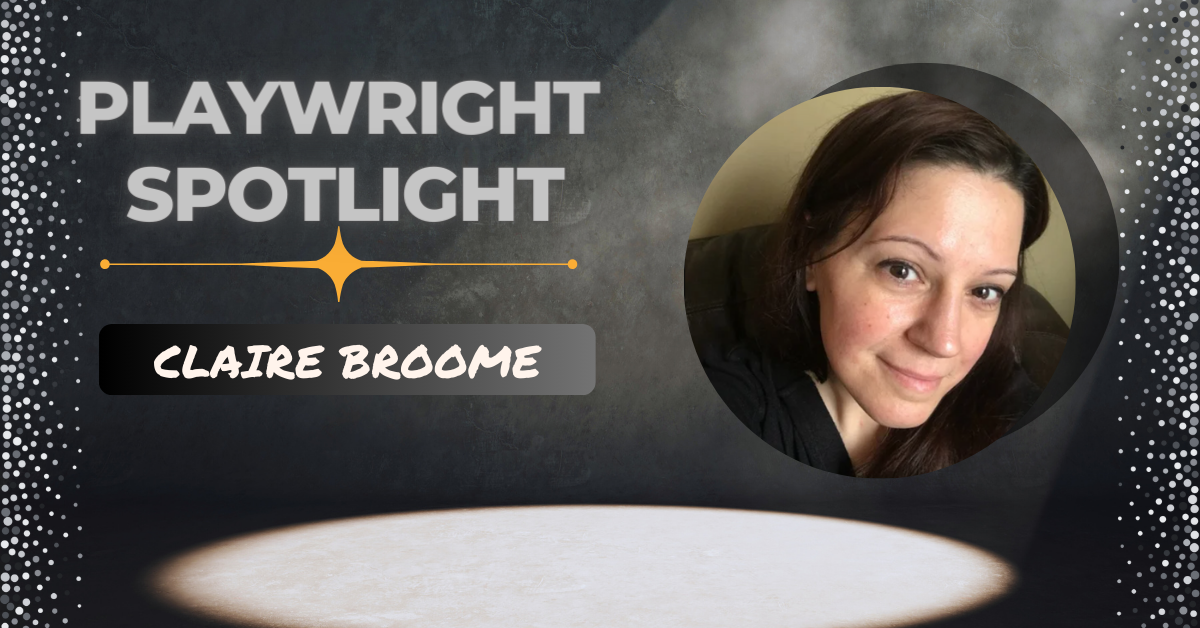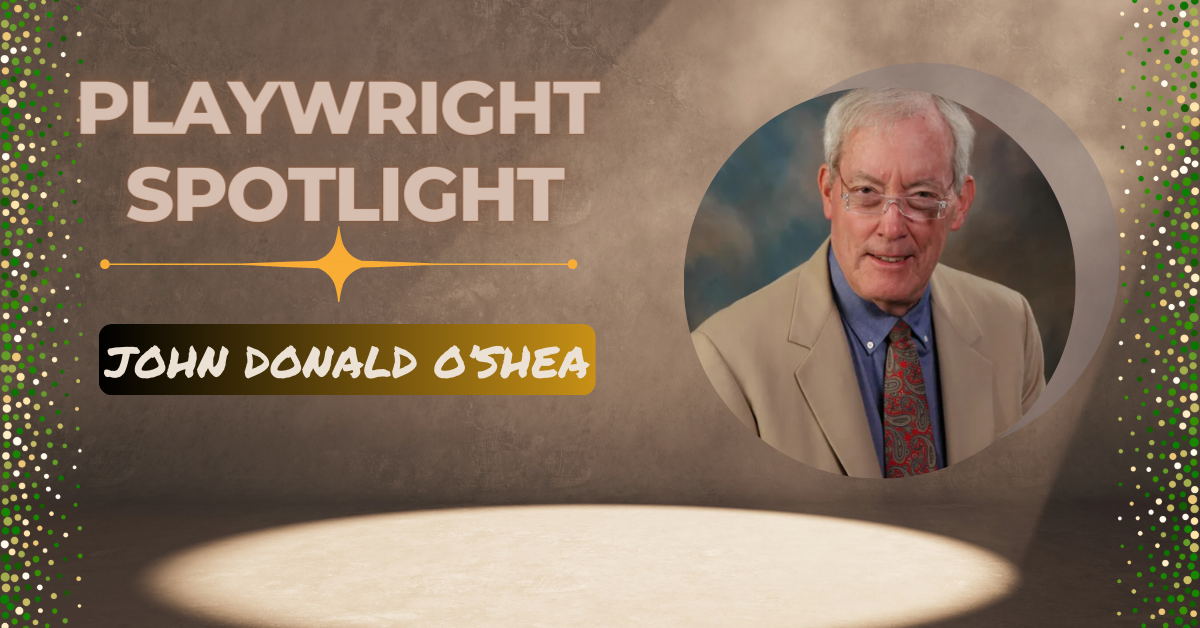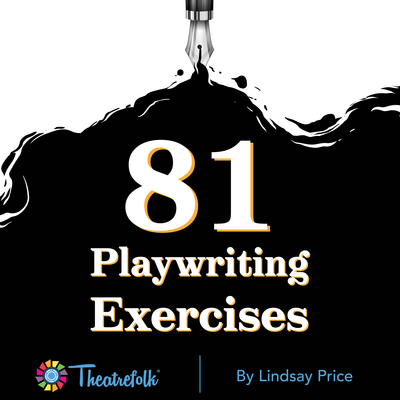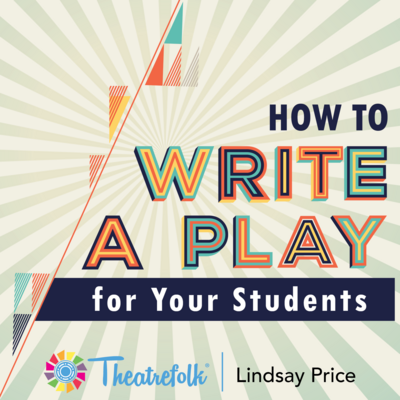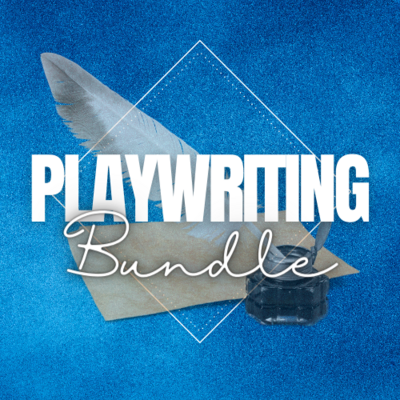Playwright Spotlight: Get to Know John Minigan
Welcome to "Playwright Spotlight" — your exclusive backstage pass to the creative minds crafting the incredible plays featured in our Theatrefolk catalogue. Discover the magic, quirks, and genius of the playwrights who help bring the stage to life. Let's meet one of these exceptional playwrights who offers the chance for your student performers to shine in their spotlight.
What inspired you to start writing plays specifically for high school & middle school students?
As both a Shakespeare nerd and a public school drama director, I wanted shorter scripts for my students to work on so that they could still have the powerful learning experience acting Shakespeare gives, without having to add weeks of rehearsal time to handle all the skill-building necessary for digging into the text. We used the one-hour scripts for production, touring shows, and classroom projects.
Can you share a bit about your creative process when developing plays that resonate with students?
The scripts I have with Theatrefolk are all Shakespeare adaptations, but I have found that they resonate powerfully with kids. Once students realize that the characters are dealing with questions of love and relationships, identity, bullying, guilt, and the struggle to understand yourself, they are engaged and excited. And they gain confidence and clarity while working with complex and detailed text. They always ask for more!
Are there any challenges you face when writing for student performers, and how do you overcome them?
Most of my writing for student performers, if not Shakespeare, has been in doing devised theatre - over 20 pieces in 15 years, including one-act plays that have won state festivals and even a full-length play commissioned by an international organization (about the first use of ether as a surgical anesthetic). The key is listening to the students. They come with ideas, they come with insights. And they are brilliant at sniffing out what’s fake and what’s real!
What themes or messages do you aim to convey through your plays?
Most of my writing as a playwright are about the intersection of the political with the personal or, looked at another way, how the world outside us challenges us and affects our emotional life.
How do you balance education and fun in your scripts?
When I write, I always want there to be a theme, or language, or an idea that comes through for actors and audience, so that everybody thinks and feels and learns, in addition to enjoying the piece.
Can you share a memorable experience or feedback from a student performance that left an impact on you?
I was working with a ninth-grade actor in rehearsal for Much Ado About Nothing. He was playing Claudio, and he was very tough to inspire. Rehearsing an early scene in the play, he wasn't showing much and I asked, "What do you think is going on for Claudio in this scene?" "Oh," he said, "he's just chillin'." I had to explain that all the scenes where Claudio is "just chillin'" were cut by Shakespeare, since they were all boring.
A couple of weeks later, while we were rehearsing the big moment of conflict between his character, Benedick, and Don Pedro, the actors started to click and the scene started to catch fire. The student broke character, turned to me, and asked, “Is ALL of Shakespeare like this?” I said it was. He said, “I could do this forever!” In twelfth grade, he won the Boston Shakespeare Competition (performing a monologue and a sonnet) and, at nationals at Lincoln Center, placed second in the country. Shakespeare reaches kids and inspires!
Any advice for teachers or directors looking to choose engaging and age-appropriate plays for their student performers?
I'm quoting Bertolt Brecht, I think, but for children, only the highest themes are high enough
What is your favourite play you've written so far?
Queen of Sad Mischance - a three-character play (and not appropriate for students) that is very close to my heart!
Anything else you'd like students and/or directors to know about you as a playwright?
The last principal I worked for once addressed a group of eight schools gathered in our auditorium for a day-long drama festival saying, "You change the culture of your school just by doing what you do." I think it's true in big ways and in small - that schools become better places because of the work (and play) that happens in theatre programs.
Related Articles
81 Playwriting Exercises
by Lindsay Price
81 exercises that can be used to get students in the habit of writing on a regular basis.
How to Write a Play for your Students
by Lindsay Price
You’ve chosen to write a play for your students! Where do you start?
Resource Bundle - Playwriting
Use these 4 Playwriting drama teaching resources to make playwriting possible with your students. Great for warm-ups, prompts, writer's block and more!
